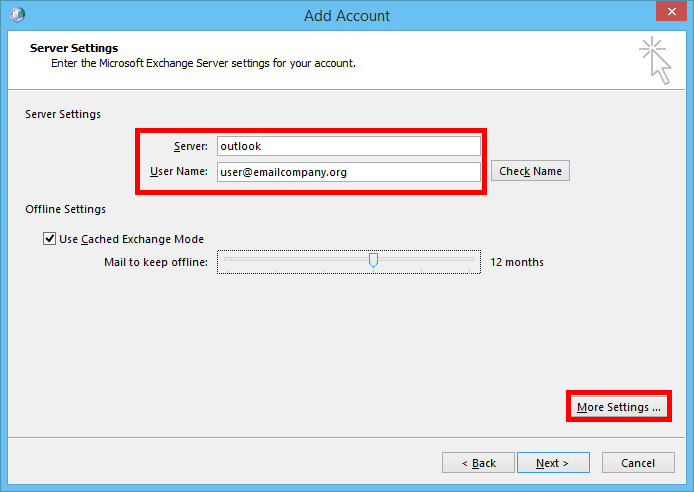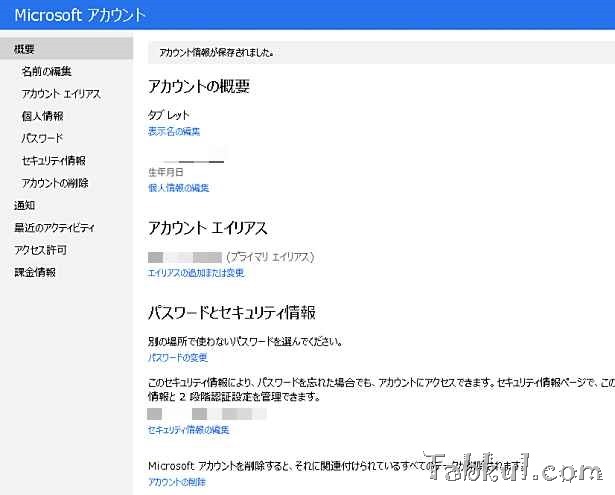


People tell us they’re getting emails that look like they’re from Norton, a company that sells antivirus and anti-malware software. Scammers know that, and are taking advantage of it in a new phishing scheme. Your first instinct may be to immediately call the company or respond to the email and to stop the payment. Let’s say you get an email about a charge to your credit card for something you aren’t expecting or don’t want. Identity Theft and Online Security Show/hide Identity Theft and Online Security menu items.Unwanted Calls, Emails, and Texts Show/hide Unwanted Calls, Emails, and Texts menu items.Money-Making Opportunities and Investments.Jobs and Making Money Show/hide Jobs and Making Money menu items.Credit, Loans, and Debt Show/hide Credit, Loans, and Debt menu items.Shopping and Donating Show/hide Shopping and Donating menu items.The BBB makes it possible to alert others to what happened to you so they don’t fall for the same scams. The site also features plenty of helpful links, tips, and advice. Department of Justice runs websites that allow you to file email-scam complaints. It also offers a link for filing a claim against a third party who stole your identity or made an attempt. It features many tips and other helpful information about avoiding email scams and what to do if you fall victim to one. Internet Crime Complaint Center. The FBI and the National White-Collar Crime Center run a site called the Internet Crime Complaint Center.It also provides links concerning whom you can contact within your state for assistance. This organization reports fraudulent activity to the federal government and maintains detailed records of fraud incidents. is a project of National Consumers League. Here are some available reporting resources. If you have fallen victim to a phishing scam, it’s important to report it.


 0 kommentar(er)
0 kommentar(er)
